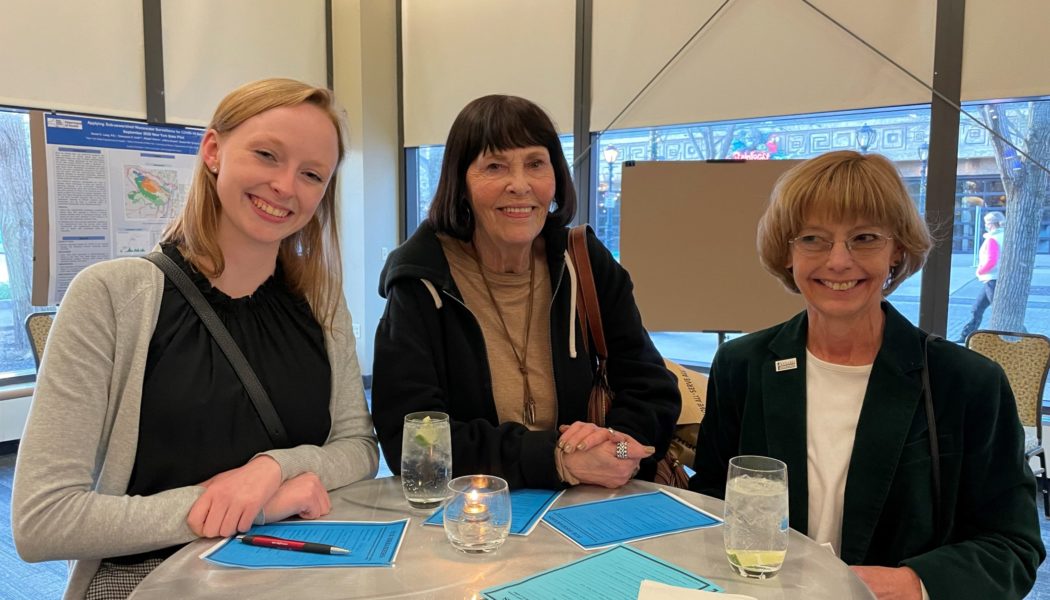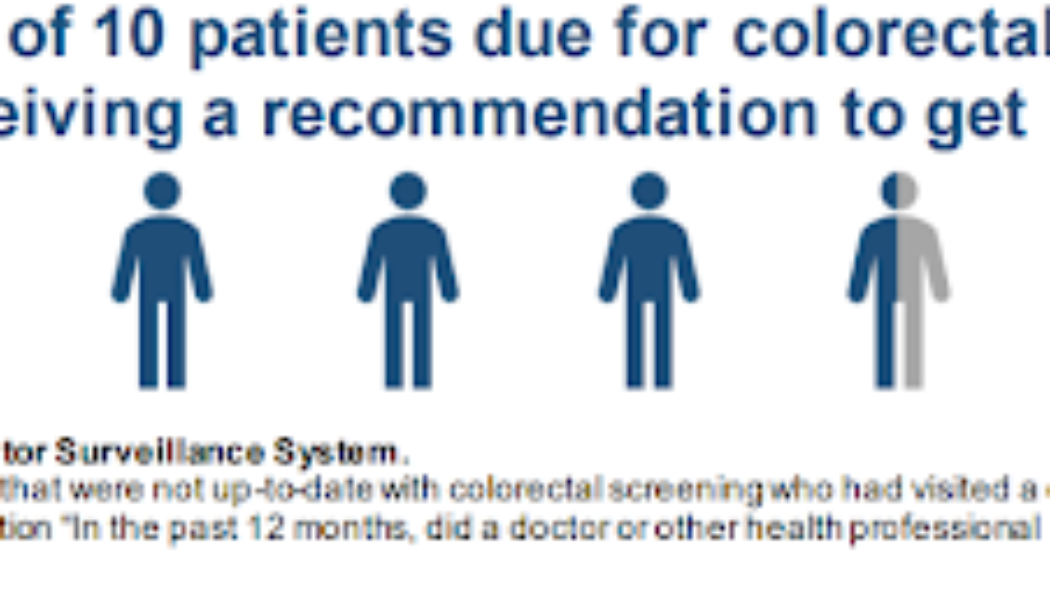Public Health
Rural Housing Coalition Unveils Marist Poll Results on Housing Affordability in New York
The Rural Housing Coalition (RHC) has released the findings of a recent Marist Poll on housing affordability conducted in mid-November. The statewide survey, encompassing 1,780 adults, highlights the pressing concerns regarding housing affordability across New York. Key takeaways from the poll include: – 73% of Residents Identify Housing Affordability as a Major Problem: A significant majority, 73% of New York residents, expressed that the affordability of housing is a major issue in their communities. – Widespread Concern Across Geographic Areas: Housing affordability concerns transcend geographic boundaries, with 67% of rural residents, 69% of suburban residents, and 81% of urban residents identifying it as a significant problem. – Perception of Insufficient State Resou...
Prevent Addiction and Support Recovery in Employment
In a groundbreaking move three years ago, New York introduced the first-in-the-nation “recovery-friendly workplace tax credit” to encourage employers to support individuals in recovery from substance use disorders. However, recent data reveals a stark reality: out of the $6 million allocated for this initiative, only $6,000 has been utilized by qualified for-profit employers since its inception in 2019. The tax credit, offering up to $2,000 per year for each qualified new hire in recovery, aims to combat the stigma surrounding addiction and foster a culture where employers actively hire and support individuals overcoming substance use disorders. Despite its potential to make “recovery-ready” or “recovery-friendly” workplaces more prevalent, the initiativ...
The Evolution of CACTC into the Rural Health Institute of New York
In an exciting transformation, the Cortland Area Communities That Care (CACTC) has evolved to better align with their mission and vision. This nonprofit organization, dedicated to advancing community health, has expanded its focus to include rural public health. With these changes, they proudly introduce their new agency name: The Rural Health Institute of New York (RHI). The Journey from CACTC to RHI CACTC began its journey as a youth prevention coalition in the early 2000s, working tirelessly to prevent youth substance use—a critical aspect of public health. Over the last two decades, their efforts expanded beyond youth substance use prevention to encompass broader public health initiatives in rural communities. It became evident that their work aligned closely with the Public Health Ins...
Request for Applications (RFA) for the Making Care Primary Model Now Available
The Centers for Medicare & Medicaid Services (CMS) has taken a significant step towards enhancing healthcare with the release of a Request for Applications (RFA) outlining model payment, care delivery, quality, and other policies for the eagerly awaited Making Care Primary (MCP) Model. This promising initiative aims to elevate the standards of primary care, enabling participants to offer patients comprehensive, high-quality, whole-person care. As the Application Portal prepares to open later this month, CMS invites interested applicants to explore the comprehensive details provided in the RFA. A dedicated announcement will be made once the Application Portal becomes accessible. Making Care Primary Model – A Glimpse into the Future CMS introduced the groundbreaking Making Care Pri...
CMS Announces Multi-State Initiative to Strengthen Primary Care
The Centers for Medicare & Medicaid Services (CMS) has announced a new primary care model called the Making Care Primary (MCP) Model. This model will be implemented and tested in eight states through the Center for Medicare and Medicaid Innovation. The MCP Model aims to enhance the primary care infrastructure in the United States, particularly for safety net organizations and smaller or independent primary care providers. By expanding care management, care coordination, and community-based connections, the model seeks to improve patient care and outcomes. The MCP Model has three main goals. First, it aims to ensure that patients receive integrated, coordinated, person-centered, and accountable primary care. Second, it aims to provide a pathway for primary care organizations, especially...
The Northern Border Region Technical Assistance Center (NBR-TAC) Webinar Series: Preparing for and Delivering Value-Based Care in Rural Communities
The Northern Border Region Technical Assistance Center (NBR-TAC) is pleased to present a four-part webinar series on the journey to Value-Based Care (VBC) for rural hospitals and primary care providers/facilities (FQHC’s/RHC’s) interested in learning more about operating in a value-based care environment. This webinar series will feature four (4) one-hour sessions from experts in rural health care, supporting the transition from a fee-for-service environment to a value-based approach to healthcare for the entire community. Webinar Topics and Dates: Session 1: Tuesday, April 4, 2023 Value-Based Care Is Here–Let’s Learn About It!: This session will provide an in-depth overview of the required competencies necessary for achieving success in a value-based environment Session 2: Tuesday...
Gillibrand Announces Over $130 Million In Federal Funding
Senator Kirsten Gillibrand secured over $130 million in federal funding to help assist and revitalize New York’s health care system. The announcement was made during a video press conference. $42.3 million in federal funding specifically for maternal health. This funding will be used to support maternal health care services and address the maternal mortality and postpartum depression crisis in the nation $50 million in federal funding to bolster the community health care workforce. This funding will be used to support public health jobs and infrastructure in New York and across the country. $9.2 million in federal funding for Academic Centers for Public Health Preparedness. This funding will support academic institutions that have Centers for Public Health Preparedness. $47 million ...
How Does New York’s Pending Medicaid Waiver Address Health Equity ? PODCAST
On the latest episode of Policy Outsider, they examined how New York is using a Section 1115 waiver to address health equity issues. The State’s Acting Medicaid Director, Amir Bassiri, and Rockefeller Institute Senior Fellow for Health Policy Courtney Burke joined the show to discuss how the waiver works, the goals the waiver seeks to accomplish, strategies for achieving those goals, and a vision for the future of Medicaid. Use link below to listen : Ep. 64. How Does New York’s Pending Medicaid Waiver Address Health Equity?
Apply to a New York State Fellowship Program
New York State has several fellowship programs that provide opportunities in State government to eager and talented individuals from diverse backgrounds. Empire State Fellows: The Empire State Fellows Program is a full-time leadership training program that prepares the next generation of talented professionals for careers as New York State policymakers. The incoming class of Empire State Fellows will serve from September 2022 to September 2024, and receive an annual salary of $76,500, plus a generous benefits package. Applications are being accepted through April 4. Apply and learn more here. Excelsior Fellows: The Excelsior Service Fellowship Program is an initiative to bring highly talented recent graduates of law, graduate and professional schools into government service. Prospective fe...
- 1
- 2








